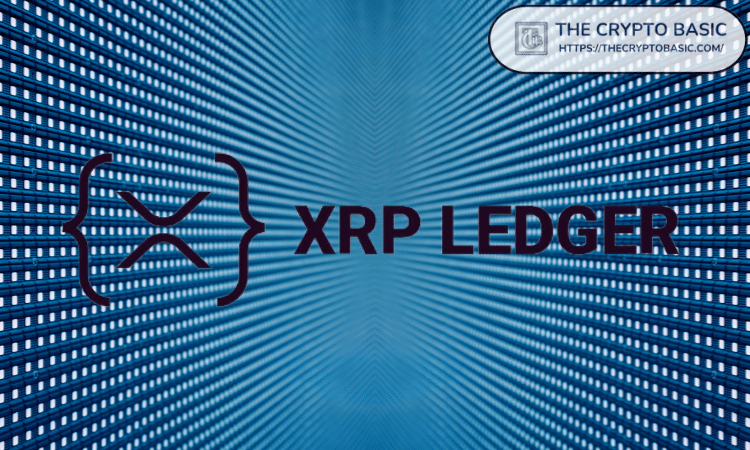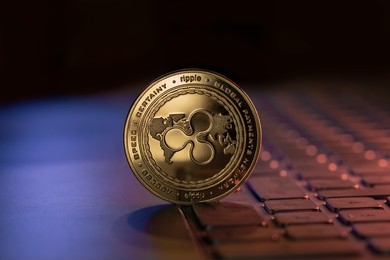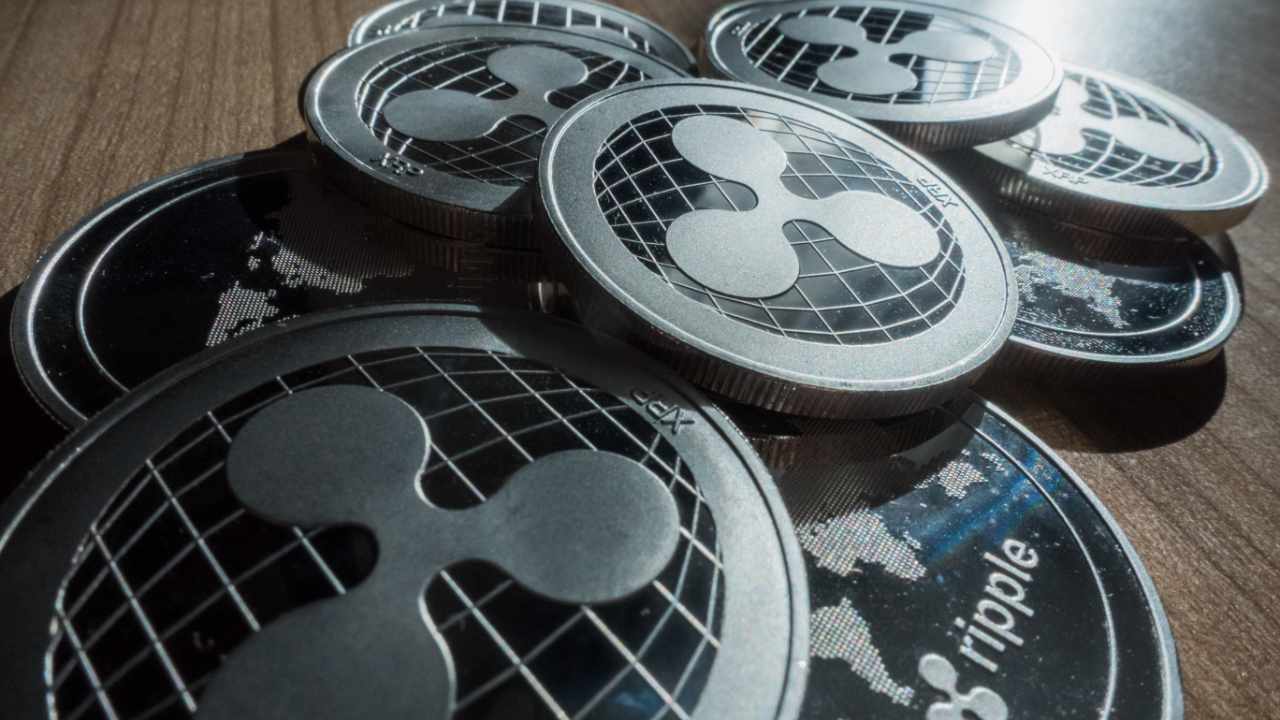





The ongoing legal battle between Ripple Labs and the U.S. Securities and Exchange Commission (SEC) has become a pivotal moment in the cryptocurrency landscape, with implications that could redefine the future of digital assets. This legal confrontation began in December 2020 when the SEC claimed that Ripple's sale of XRP constituted an unregistered securities offering. Ripple, on the other hand, argues that XRP is a virtual currency, not a security, which raises critical questions about the classification of digital currencies and the distinction between utility tokens and securities [b9bbf806].
A ruling against Ripple could impose stringent regulations on thousands of cryptocurrencies, potentially driving innovation offshore and stifling growth in the U.S. Conversely, a favorable ruling for Ripple may ease regulatory scrutiny for digital tokens, encouraging growth in the crypto industry and supporting decentralized finance (DeFi) and non-fungible tokens (NFTs) [99d81d98]. This case is not just about Ripple; it could lead to a reevaluation of regulatory frameworks that balance innovation with consumer protection, significantly affecting the U.S.'s competitiveness in the global digital economy [99d81d98].
Environmental considerations are also at play, as Ripple's XRP operates on a less energy-intensive proof-of-association mechanism. The outcome of this case could influence not only cryptocurrency regulations but also broader tech sectors, as regulatory bodies grapple with managing innovation while ensuring consumer safety [99d81d98].
In recent developments, Singapore has granted Ripple a full license to provide cryptocurrency services, allowing it to operate as a major payment institution and offer digital payment token services. This licensing framework ensures compliance with anti-money laundering and counter-terrorism financing regulations, enhancing Singapore's reputation as a leading fintech hub [0db25d0d].
Additionally, the Dubai Financial Services Authority (DFSA) has approved XRP, making it the first virtual asset to receive regulatory endorsement under the Dubai International Financial Centre (DIFC) regime. Ripple has established its MENA headquarters in the DIFC, aiming to leverage Dubai's favorable regulatory environment to accelerate XRP adoption and drive innovation in the global financial industry [64139791].
Moreover, the XLS-30 amendment introducing an automated market maker (AMM) to the XRP Ledger (XRPL) has passed, allowing XRP holders to earn passive income. This amendment has received broad consensus from validators and will be implemented on the XRPL mainnet on February 14, providing new opportunities for liquidity providers [d418a68d].
Despite these positive developments, Ripple continues to face legal challenges from the SEC, with the initial $2 billion penalty potentially being reduced to under $25 million. Legal analysts suggest that the judge may opt for targeted measures rather than sweeping penalties, which could influence Ripple's operational strategy and plans for an IPO [3b61dfb2]. The outcome of this case is poised to set a precedent for how cryptocurrencies are regulated in the United States, with implications that extend far beyond Ripple itself [99d81d98].
This legal showdown highlights the need for clear regulatory frameworks and international standards in the cryptocurrency space, as the outcome could influence investor behavior, market stability, and efforts toward financial inclusion and environmental sustainability [b9bbf806].